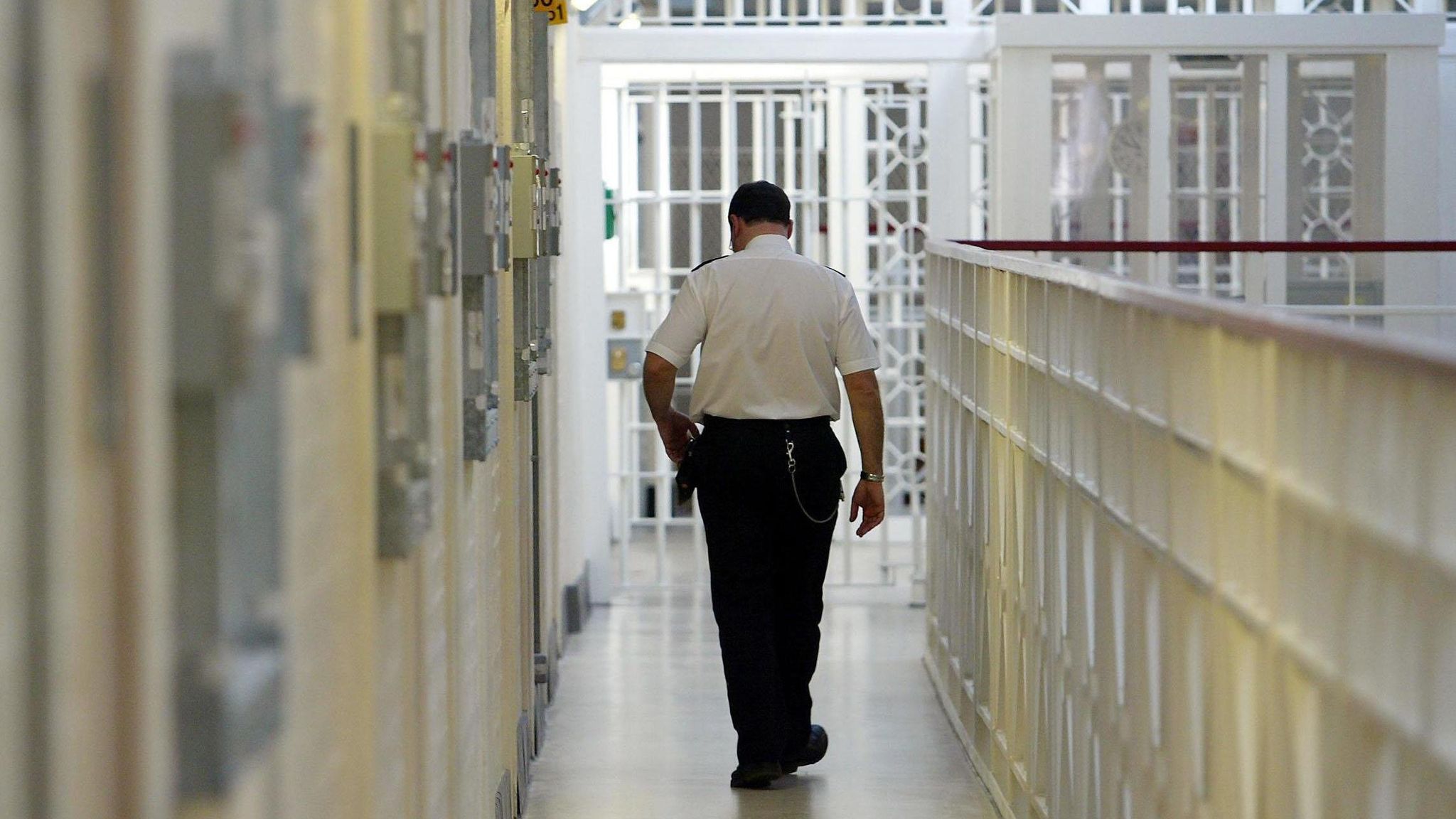Foreign detainees being held in jail despite completing their sentences, UK prison watchdog says
The report by HM Inspectorate of Prisons revealed that many migrants remain behind bars while "little or no progress" in their cases is being made.

Foreign detainees are being held for long periods in jail despite completing sentences for their crimes, a review by UK's prison watchdog has found.
The report by HM Inspectorate of Prisons revealed that many migrants remain behind bars while "little or no progress" in their cases is being made.
One detainee was found to have been locked up for an additional 33 months before a decision was made about their future.
Chief Inspector of Prisons Charlie Taylor described that as "inexcusable".
"If the Home Office started work on these cases earlier, then people could be processed out of the system far more quickly, and they wouldn't have to wait around in prison beyond the end of their sentence, without having a clue about when they're going to be let out or removed from the country," he said.
The report found that those kept in prison rather than immigration detention were denied the same rights.
"People in immigration removal centres will have better access to legal representation," said Mr Taylor.
"Also, services will be geared around making sure that things are translated, so they actually understand what's going on with their case.
"There will also be more Home Office staff on site who will be able to support them with that process."
But in prison, it was revealed that "very few" detainees are even told they are allowed a free 30-minute session with a lawyer.
There are currently around 600 immigration detainees being held in jail.
Home Office figures from last year showed that 31 had been inside more a than year beyond the end of their sentence.
Specialist immigration barrister Dr S Chelvan, of 33 Bedford Road Chambers in London, wants to see a complete overhaul of the system.
"We know from the report that nearly 50% of those interviewed don't have access to legal representation. That cannot happen," he said.
"We need a change in culture. We need a change in policy decision making."
The review also highlighted concerns about the most vulnerable detainees, whose past would have been identified had they been held in an immigration removal centre.
"When somebody is identified as a victim of torture or somebody who's been trafficked, they will be given specific care including being released from detention," said Dr Chelvan.
"Because there's no parallel effective mechanism in the prison service, these victims of torture are detained. This is wrong."
In a statement, a spokesperson for the government said: "Foreign criminals who remain in prison ahead of removal include dangerous individuals who have committed serious crimes.
"The government has improved access to legal advice and ensures we carefully consider a person's vulnerabilities."
The Home Office is already implementing the report's recommendations, but the longer such detainees remain behind bars, the more pressure it puts on an already overstretched prison service.


